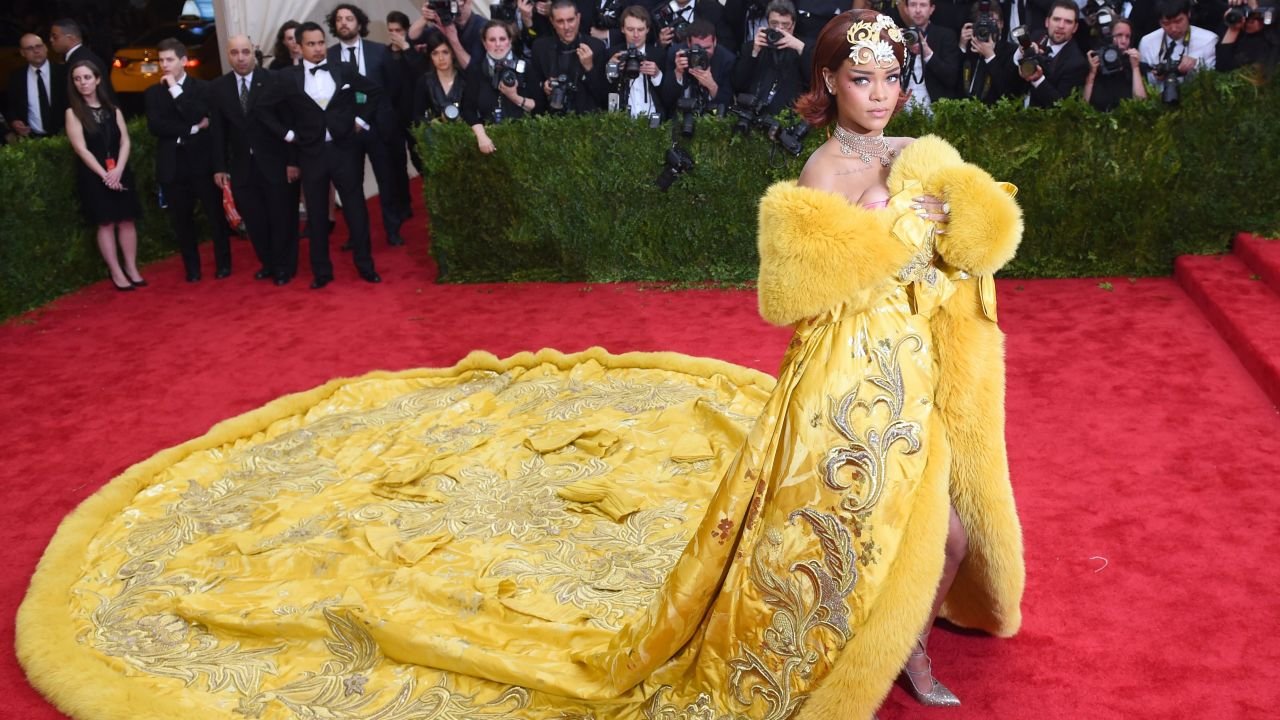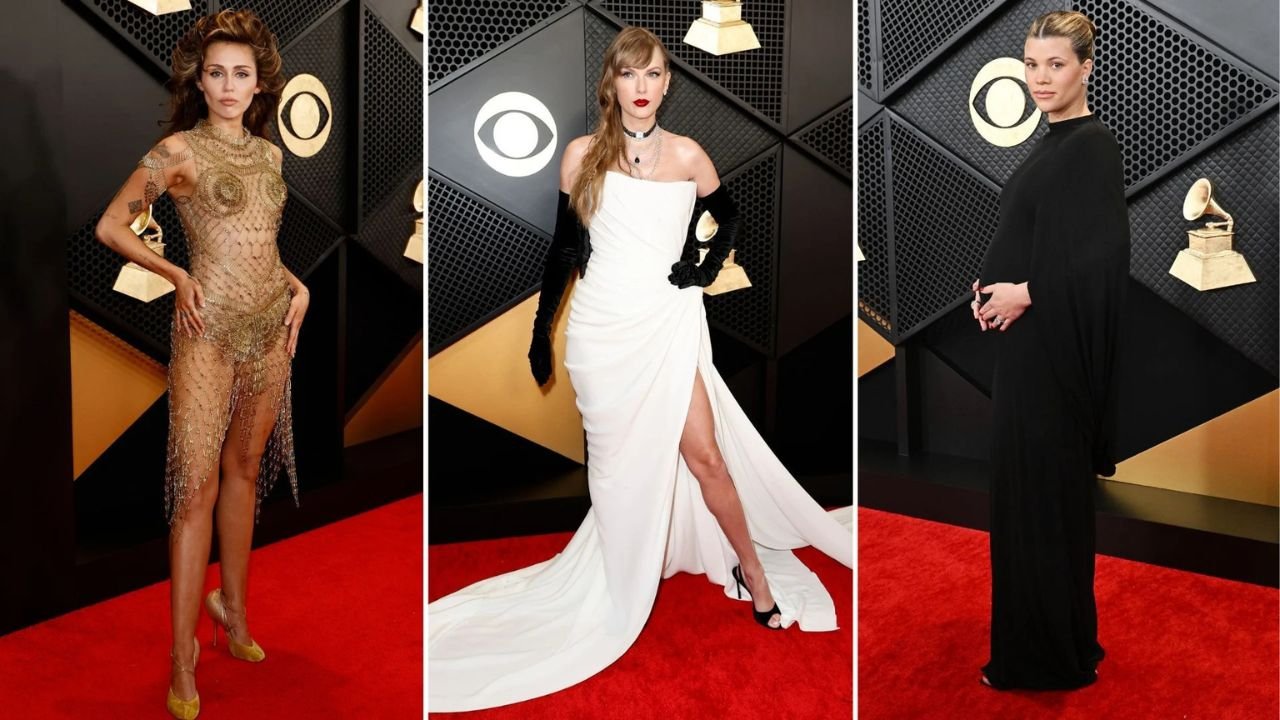Introduction
Fashion has long been a mirror reflecting society’s values, aspirations, and challenges. While it is often associated with beauty, glamour, and self-expression, an increasing number of brands and designers have harnessed the power of fashion as a tool for social change. Among these pioneering initiatives is Edun, a brand committed to promoting sustainable development and ethical fashion, with a special focus on Africa.
The Edun Project, under the umbrella of the ONE Campaign, exemplifies how fashion can serve as a powerful vehicle for advocacy, empowerment, and global awareness. Rooted in the idea that commerce and compassion can coexist, the Edun Project demonstrates that fashion for a cause is not only possible but also transformative.
This comprehensive exploration delves into the origins, philosophy, collaborations, and impact of the Edun Project. It examines how this initiative exemplifies the intersection of fashion and activism, and how it continues to influence the industry’s approach to social responsibility.
The Origins of Edun: Fashion Meets Responsibility
The Birth of Edun
Founded in 2005 by Bono, the lead singer of U2, and his wife, Ali Hewson, Edun was conceived as a bridge between fashion and global development. The name “Edun” stems from the Swahili word for “wealth” or “prosperity,” emphasizing the brand’s mission to create economic opportunity through ethical fashion.
The core philosophy of Edun is to promote sustainable trade by sourcing raw materials and manufacturing in Africa and other developing regions, thereby supporting local economies and fostering fair labor practices. The brand aimed to challenge traditional fashion industry practices, which often rely on exploitative labor and environmentally damaging processes.
The Vision: Ethical Fashion as a Catalyst for Change
From its inception, Edun sought to prove that fashion can be a force for good—that style and social responsibility are not mutually exclusive. The brand prioritized transparency, fair wages, environmental sustainability, and community empowerment.
The founders envisioned a fashion label that would not only produce beautiful, high-quality clothing but also serve as a catalyst for sustainable development in the regions where it operated.
The Role of the ONE Campaign
The ONE Campaign: An Overview
Founded in 2004 by Bono and other activists, the ONE Campaign is a global movement advocating for poverty alleviation, health, and social justice, particularly in Africa. Its mission is to mobilize people and political leaders to end extreme poverty and preventable disease.
The ONE Campaign emphasizes awareness, advocacy, and fundraising, leveraging the power of celebrity, grassroots activism, and strategic partnerships.
The Intersection: Edun and the ONE Campaign
The collaboration between Edun and the ONE Campaign exemplifies how fashion can support advocacy goals. Edun’s commitment to ethical sourcing and community development aligns with the ONE Campaign’s mission to eradicate poverty and improve health outcomes.
The partnership aims to raise awareness about Africa’s potential, promote sustainable trade, and generate funds to support development initiatives.
The Edun Project: Principles and Practices
Ethical Sourcing and Production
At the heart of the Edun Project is a commitment to ethical sourcing. The brand works directly with African artisans, cooperatives, and factories to ensure fair wages, safe working conditions, and environmentally responsible practices.
Key principles include:
- Fair Trade Certification: Ensuring producers receive fair compensation.
- Local Empowerment: Supporting community development through job creation and capacity building.
- Environmental Sustainability: Using eco-friendly dyes, organic cotton, and sustainable fabrics.
- Transparency: Openly sharing supply chain information with consumers.
Design Philosophy
Edun’s aesthetic blends contemporary fashion with traditional African influences. The designs often feature vibrant prints, handcrafted details, and modern silhouettes, highlighting the rich cultural heritage of the regions where they are produced.
Collaborations and Collections
The Edun Project has collaborated with renowned designers, artisans, and organizations to create collections that are both stylish and socially meaningful. These collaborations serve to elevate traditional craftsmanship and introduce sustainable practices into mainstream fashion.
Notable Campaigns and Initiatives
The “Buy Better, Wear Longer” Campaign
One of Edun’s key messages focuses on sustainable consumption—encouraging consumers to buy less but invest in higher-quality, ethically produced garments that last longer.
The Africa Initiative
Edun has launched initiatives to showcase African craftsmanship and promote regional trade. This includes collaborations with local artisans, supporting traditional techniques, and developing new products that celebrate Africa’s diversity.
Fashion Shows and Presentations
Edun’s runway presentations often highlight stories of the artisans and communities behind the garments, emphasizing transparency and social impact. These shows serve as platforms to raise awareness and inspire industry peers.
Impact and Achievements
Economic Empowerment
By sourcing from African cooperatives and factories, Edun has helped create thousands of jobs, improved living standards, and fostered entrepreneurial growth in underserved communities.
Promoting Traditional Craftsmanship
The brand champions traditional techniques—such as hand-loom weaving, embroidery, and beadwork—helping preserve cultural heritage while providing sustainable livelihoods.
Raising Awareness
Through its marketing and advocacy efforts, Edun has brought global attention to issues of fair trade, sustainable development, and Africa’s economic potential.
Industry Influence
Edun has inspired other fashion brands to adopt ethical practices, demonstrating that responsible fashion can be commercially successful.
Challenges and Criticisms
Supply Chain Complexities
Managing a transparent and ethical supply chain across multiple regions presents logistical and financial challenges. Ensuring fair wages, environmental standards, and quality control can be complicated.
Market Reception
While ethically conscious consumers are growing, mainstream markets remain price-sensitive, making it difficult to balance affordability with sustainability.
Brand Visibility and Growth
Edun has faced hurdles in scaling its operations and competing with fast fashion brands that prioritize speed and low costs over ethics.
Controversies and Reorganizations
The brand has experienced leadership changes, restructuring, and periods of dormancy, reflecting the difficulties of maintaining a sustainable social enterprise within the competitive fashion industry.
The Broader Context: Fashion for a Cause
Ethical Fashion Movement
Edun is part of a larger movement toward ethical fashion, which emphasizes sustainability, fair trade, and social responsibility. This movement challenges traditional fast fashion models, advocating for longer-lasting garments, reduced environmental impact, and improved labor conditions.
The Rise of Socially Conscious Consumers
Millennials and Gen Z consumers increasingly prioritize values-driven shopping, seeking brands that align with their social and environmental beliefs. Edun’s model appeals to this demographic, emphasizing transparency and impact.
The Role of Celebrity and Influencer Advocacy
Celebrities like Bono, Emma Watson, and Olivia Wilde have championed ethical fashion, amplifying Edun’s message and expanding its reach.
Challenges in the Ethical Fashion Industry
Despite growth, ethical fashion faces obstacles such as greenwashing, higher costs, and limited mass-market appeal. Brands like Edun are working to overcome these barriers through innovation and storytelling.
Future Directions and Opportunities
Embracing Innovation
- Sustainable Materials: Developing new eco-friendly textiles, biodegradable fabrics, and recycled fibers.
- Digital Engagement: Leveraging social media, virtual showrooms, and transparency tools to educate consumers.
- Fair Trade Certification Expansion: Strengthening partnerships with certified organizations to ensure standards.
Scaling Impact
- Collaborations with Major Retailers: Partnering with global brands to increase reach.
- Inclusive Design: Expanding size ranges and styles to appeal to diverse consumers.
- Community-Led Collections: Co-creating designs with artisans to preserve authenticity.
Advocacy and Education
- Storytelling Campaigns: Sharing the stories of artisans and communities to foster empathy and understanding.
- Educational Programs: Supporting initiatives that educate consumers and industry stakeholders on sustainability.
Addressing Challenges
- Price Accessibility: Finding ways to reduce costs without compromising ethics.
- Supply Chain Transparency: Utilizing blockchain and other technologies for traceability.
- Policy Advocacy: Working with governments to promote fair trade and sustainable practices.
Conclusion
The Edun Project, as part of the ONE Campaign, exemplifies the potential for fashion to be a force for social good. It demonstrates that responsible fashion is not only ethically imperative but also commercially viable when driven by authenticity, innovation, and purpose.
While challenges remain, the ongoing commitment of Edun and similar initiatives signals a transformative shift within the industry—one where fashion for a cause becomes the norm rather than the exception. As consumers become more conscious and technology enables greater transparency, the future of ethical fashion looks promising.
By weaving together commerce, culture, and compassion, the Edun Project paves the way for a more equitable and sustainable fashion landscape—proof that style and social responsibility can coexist beautifully.




